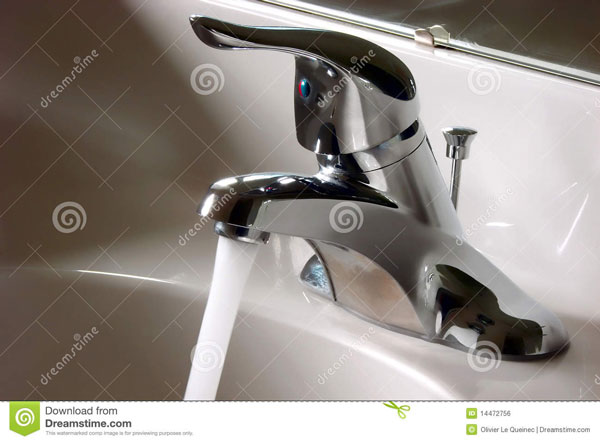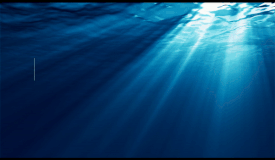 PHILIPSBURG:--- Drinking water is an essential substance that sustains lives and therefore must be safe at all times for consumption. The Inspector General emphasizes the importance of safe drinking water from production to consumer.
PHILIPSBURG:--- Drinking water is an essential substance that sustains lives and therefore must be safe at all times for consumption. The Inspector General emphasizes the importance of safe drinking water from production to consumer.
Drinking water in St. Maarten is derived from the sea. The process of producing clean and safe drinking water starts when the water is pumped from the sea at three locations in St. Maarten, namely the water plant at Point Blanche, Cay Hill, and Cupecoy. These three reverse osmosis (intense filtration) water plants are operated by a company called Seven Seas which is specialized in water purification engineering. Once the water is pumped from the sea, this water is filtered under high pressure repeatedly through very specialized filters. This process of water production by filtering is called Reverse Osmosis also abbreviated ‘RO’.
Once the water has left the three RO-plants, the water is delivered to GEBE. This company distributes the water through a complex distribution storage and network system. However, before the water is distributed for consumption, the water is first pumped to 14 storage tanks on the island and then distributed through pipelines to different recipients like homes and industries.
The drinking water from both production company “Seven Seas” and distributor GEBE must comply with the legal requirements as laid down in the National Drinking Water Ordinance and the National Decree Containing General Measures on the Quality of Drinking Water.
Compliance is mainly achieved through surveillance. Surveillance of drinking water quality is simply the continuous and vigilant assessment and review of the safety and acceptability of drinking water from the production and distribution network. The surveillance takes place through sampling and reporting by three key players, Seven Seas, GEBE and the Inspectorate VSA on behalf of government. The rules and regulations for each player are clearly stated in the Drinking Water Ordinance and the National Decree Containing General Measures on the Quality of Drinking Water. For example, there are 64 legal parameters in the Drinking Water Ordinance to which the production and distribution company must comply with. It’s beyond the scope of this communique to discuss all 64 parameters. However, during surveillance, the following 15 parameters of the water are checked daily at any given place and time. The other parameters are checked once a year.
The result of the samples of the 15 parameters give a clear indication of the microbiological (bacteria), physical or aesthetic (pressure, pH etc.), and the chemical (chlorine etc.) quality of the water.
The microbiological parameter indicates the presence or absence of bacterial contamination of the water like coliform bacteria, E. Coli and Legionella. The pH level provides an indication how acidic or alkaline the water is. Water with a pH between7.8 – 8.5 is considered neutral and normal. The lower the number the more acidic, the higher the more alkaline the water is. The pH has no direct health effects on consumers; however, a high pH, for example, can negatively affect the effectiveness of disinfection with chlorine and can also corrode the inner lining of water transport pipes. Chemical disinfection of drinking water is a must when producing water. This is necessary in order to prevent and/or kill possible bacteria or other microbes that may be in the water. A chlorine level between 0,3 and 2 mg/L is considered normal in the GEBE reservoirs but is subdued to many factors like the pH level and the condition of the transport lines (old or new) during transportation to the consumer. For example, the presence of cement or sand can change the pH of the water.
The law also considers accommodations such as hotels and institutions as hospitals with an internal distribution network a “distributor”. These distributors must also comply with all the requirements set by the aforementioned ordinances and have a surveillance program in place.
Some of these hotels and institutions also produce their own drinking water and are considered “producers”. They must apply for a permit in order to be exempted from the use of GEBE water and must also comply with all the requirements set by the aforementioned ordinances and have a surveillance program in place.
Based on the fact that there have been positive bacteriological tests (E. Coli and Legionella) spread across the island and low-level measurements of chlorine, the Inspectorate is conducting more intense supervision on both producers and distributors.
Press Release IVSA











